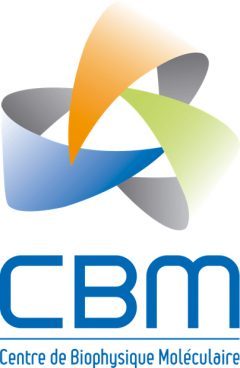Life emerged on a planet Earth, whose environmental conditions were very different to those of the Earth today. In this context, our paper describes the basic ingredients that existed on the early Earth as a recipe for prebiotic chemists. We also evoke the open questions concerning the origin of life.
A lire aussi
6 novembre 2025 - Soutenance de thèse de Josipa Cecic-Vidos
04 November 2025
par Isabelle Frapart
November 6, 2025 - Thesis defense by Josipa Cecic-Vidos
04 November 2025
par Isabelle Frapart
2025, November 5 - Thesis defense by Clémence Couton
03 November 2025
par Isabelle Frapart
